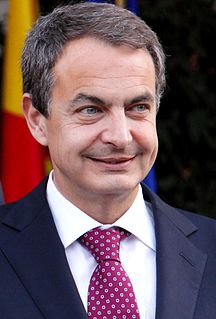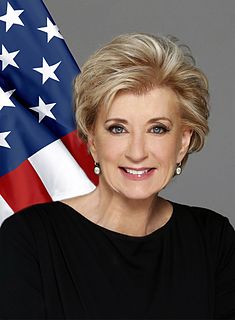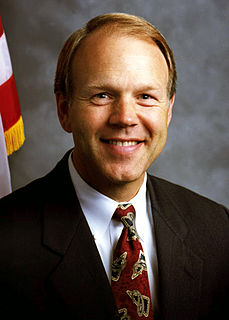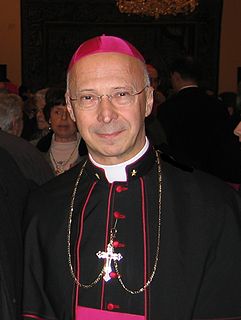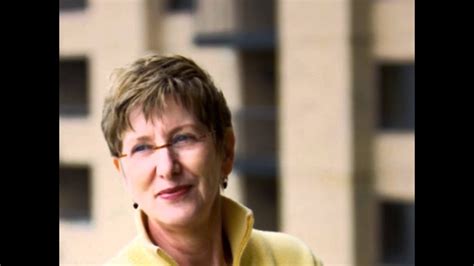A Quote by Thabo Mbeki
Pope Benedict XVI assumes leadership at a critical time in which the world's collective wisdom and leadership including that of the religious community is most important to face up to challenges of deepening poverty and under-development afflicting many people of the world.
Related Quotes
Perhaps the dumbest of these story lines is that [Pope] Francis has re-opened conversation and debate in a Church that had been closed and claustrophobic for 35 years under John Paul II and Benedict XVI. I defy anyone who, over the last 35 years, has spent time on the campuses of Notre Dame or Georgetown, or who has read the National Catholic Reporter, or who has gone to a meeting of the Leadership Conference of Women Religious, to make that claim without experiencing a twinge of conscience that says, "I should wash my mouth out with soap."
Pope Benedict XVI's resignation is big on buzz but is not the stunning surprise claimed by many pundits. It is rather a further example of the German theology professor's style that informed his years as head of the Congregation for the Doctrine of the Faith, his term as pope, and the formation of his legacy to the church.
I decided to write Leadership BS because I was irritated by the hypocrisy in the leadership literature and the fact that many of the people writing leadership books exhibited behavior that was precisely the opposite of what they advocated and also what they claimed they did. Stories did not seem to be a good foundation on which to build a science of leadership.
Most people think leadership is about being in charge. Most people think leadership is about having all the answers and being the most intelligent person or the most qualified person in the room. The irony is that it is the complete opposite. Leadership is about empowering others to achieve things they did not think possible. Leadership is about pointing in the direction, articulating a vision of the world that does not yet exist. Then asking help from others to insure that vision happens.
The Millennium Development Goals were a pledge to uphold the principles of human dignity, equality and equity, and free the world from extreme poverty. The MDGs, with eight goals and a set of measurable time-bound targets, established a blueprint for tackling the most pressing development challenges of our time.
Benedict XVI leaves no room for uncertainty or minimization. At this present time in which she feels humiliation, the Church learns from the Pope to not fear the truth, even when it is painful, to not hide it or cover it up. However, this does not mean enduring strategies to discredit (the Church) in general...It is appropriate, then, that we all return to calling things by their names at all times, to identify evil in all of its gravity and in the multiplicity of its manifestations.









